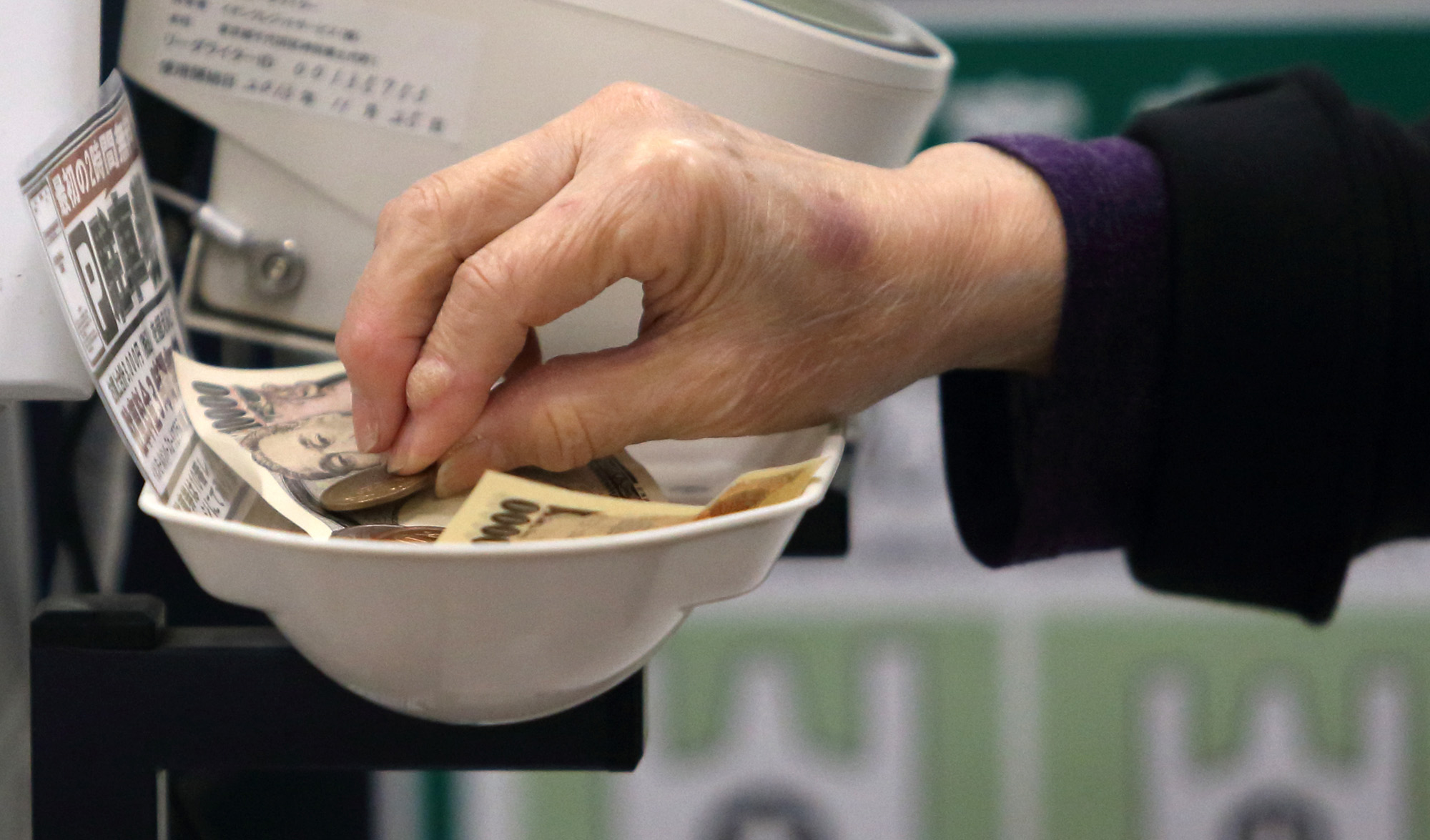Prime Minister Shinzo Abe announced at his Cabinet's Oct. 15 meeting that the government would raise the consumption tax to 10 percent in October 2019 as planned. He had made a similar statement during the campaign for last year's Lower House election, but this time he made it even clearer that he will go ahead with the planned tax hike.
The decision on consumption tax hikes dates back to the 2012 tripartite agreement among the then-ruling Democratic Party of Japan and then-opposition Liberal Democratic Party and Komeito to set schedules on the tax hikes and social security reforms. Based on the agreement, the Abe administration in 2014 raised the consumption tax from 5 percent to 8 percent. However, the hike significantly hurt the economy and the rise in consumer prices, which were beginning to pick up as a result of the Bank of Japan's monetary easing program, ground to a halt. Subsequently the prime minister twice postponed the planned second-phase hike to 10 percent. But this time he appears determined to proceed with it.
As an economist, I have steadfastly opposed the tax hike, although here I will not go into details about why. Still, I find several points about consumption tax hikes strange. I would like to cite three of them to provoke discussion.

















With your current subscription plan you can comment on stories. However, before writing your first comment, please create a display name in the Profile section of your subscriber account page.